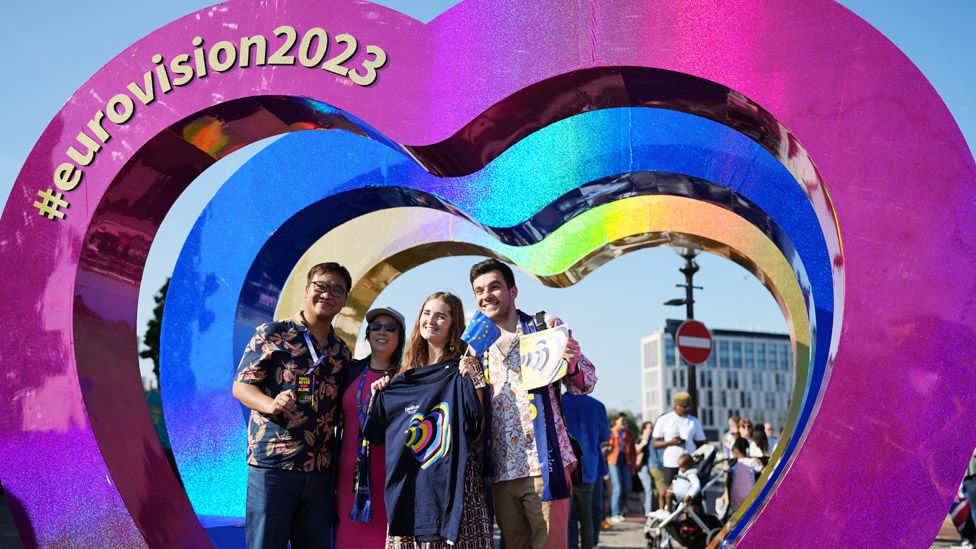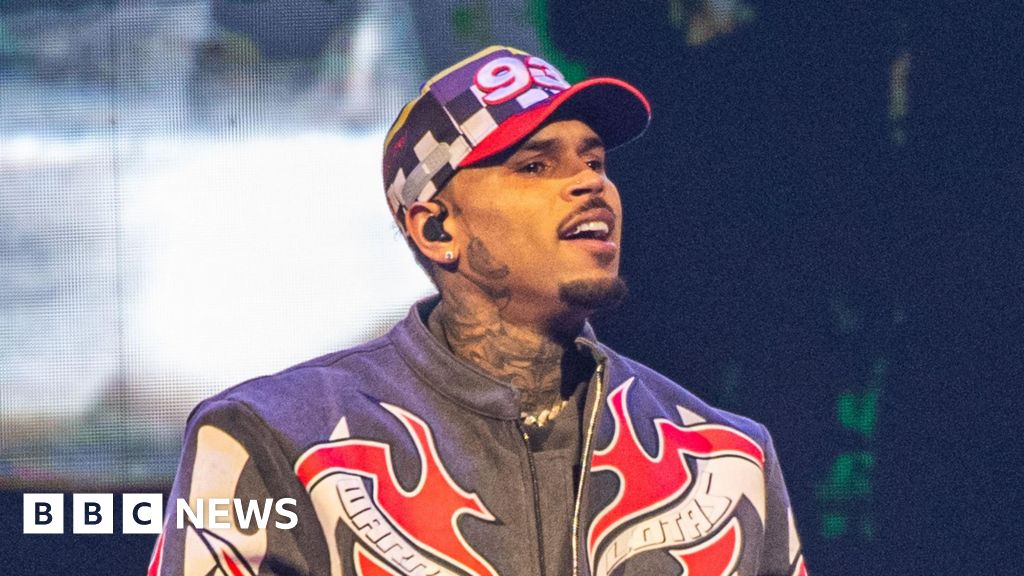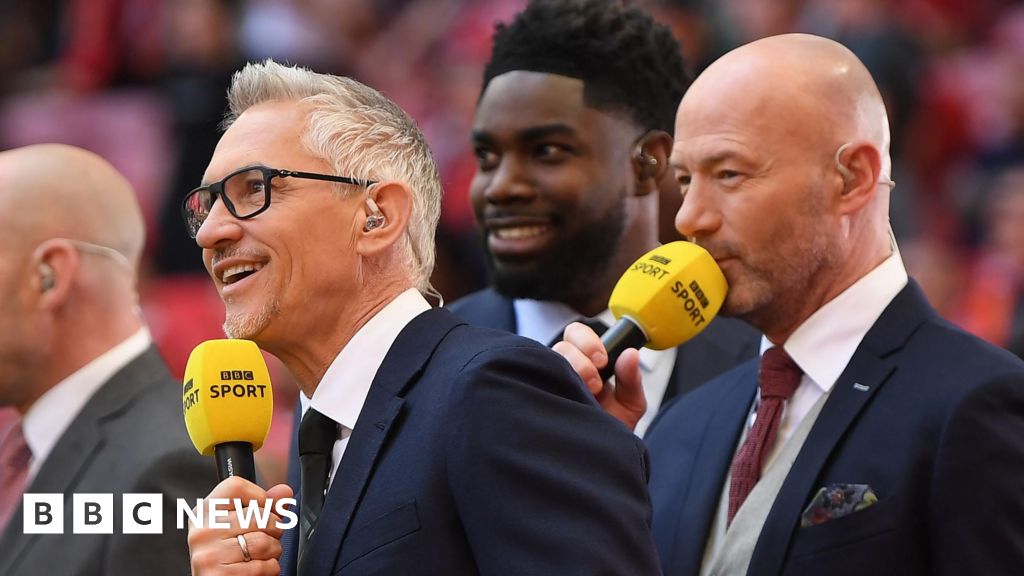ARTICLE AD BOX
 Image source, Getty Images
Image source, Getty Images
Fans had a photo opportunity in a Eurovision heart sculpture near the venue
By Ian Youngs
Entertainment & arts reporter
Almost 500,000 people attended Eurovision-related events in Liverpool in May, giving the local economy a £55m boost, the council has said.
Fans flocked to the city when it hosted the annual song contest plus a festival of other concerts and cultural events.
In total, 473,000 people went to Eurovision events, of whom 306,000 were additional visitors to Liverpool, according to research by the council.
They spent £54.8m in places like bars, hotels, restaurants and shops, it said.
The figures were well above the council's predictions of 100,000 visitors and a £25m economic boost this year.
It had said, before the event, that its outlay on Eurovision-related costs would be £2m, with another £2m coming from the Liverpool City Region Combined Authority.
The Beatles statues in the fan village were given Ukrainian flags and Eurovision scarves
Liverpool was chosen to stage the two semi-finals and grand final after the UK stepped in to host the contest on behalf of 2022 winners Ukraine.
As well as the three televised shows, a fan village had daily performances on the waterfront and there was a two-week cultural festival plus other related events.
The council's research also said:
- 175,000 city-centre hotel rooms were sold in May - the best month since 2018
- There were 250,000 visitors to the fan village over 10 days
- An audience of 326,000 saw 24 events in the two-week cultural festival
- The education and community programmes directly engaged with 50,000 people
- 96% of visitors said they would recommend Liverpool as a destination to visit
Council leader Liam Robinson said the figures "speak for themselves".
He said: "Jobs were created, local businesses were on the receiving end of a much-needed boost and hundreds of thousands of people came to the city, had a great time and are more than likely to return again."
Image source, Getty Images
Image caption,Other related events included a televised concert outside St George's Hall
Liverpool City Region Mayor Steve Rotheram added that the city had given fans, whether watching in person or on TV, "a Eurovision they will never forget" and that it was "a vital shot in the arm for our local economy".
Culture Minister Stuart Andrew said: "This research demonstrates the positive impact of hosting major events and I hope that we can continue to build on this success."
Liverpool was the first UK city to host Eurovision for 25 years, with the main shows held at the M&S Bank Arena.
The final was won by Loreen, from Sweden, with the victorious country choosing Malmo to host next year's contest.

 1 year ago
37
1 year ago
37








 English (US) ·
English (US) ·